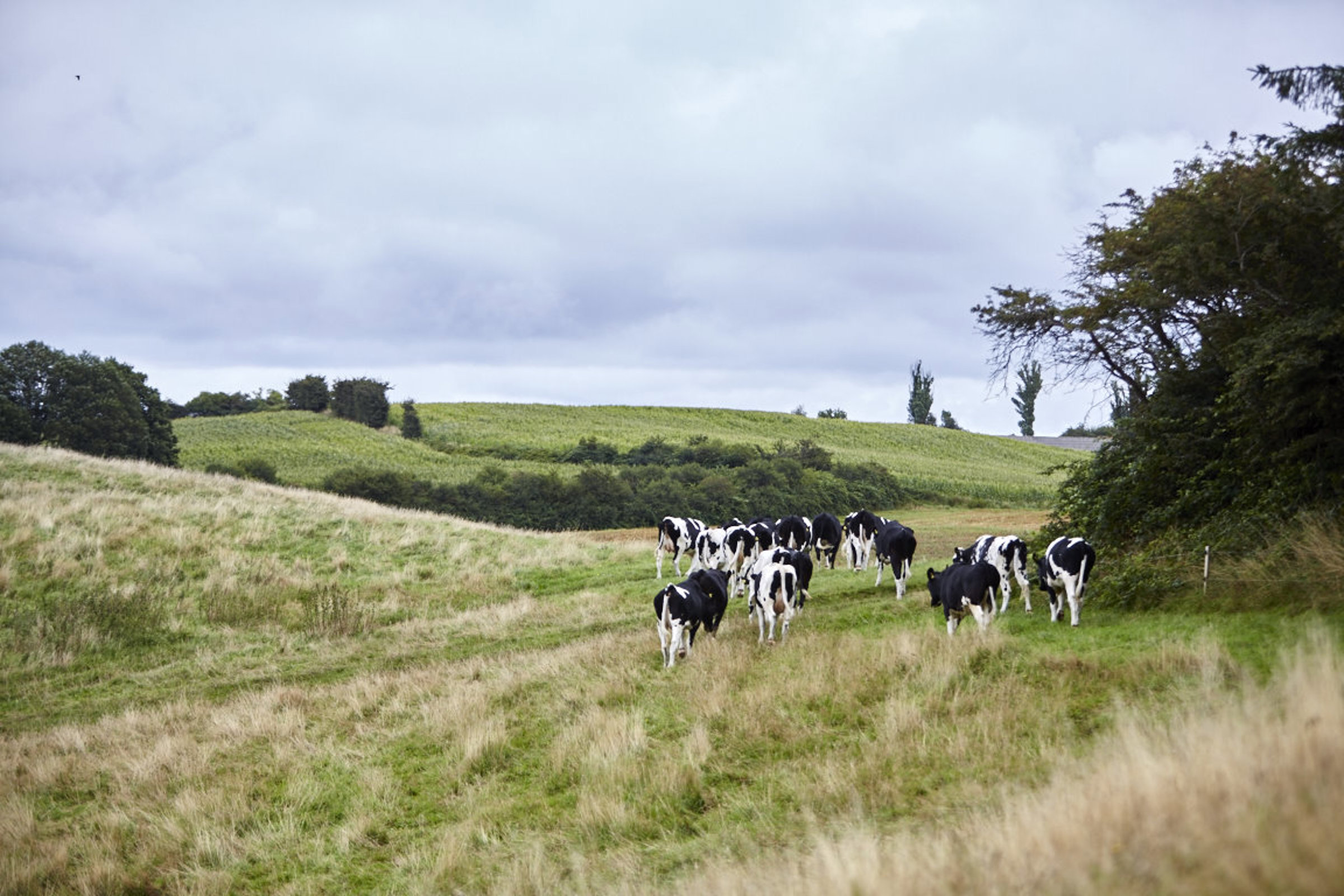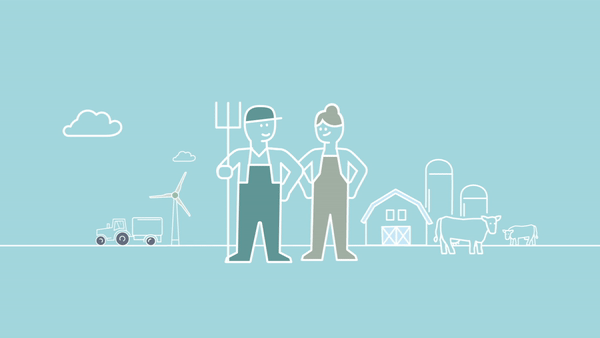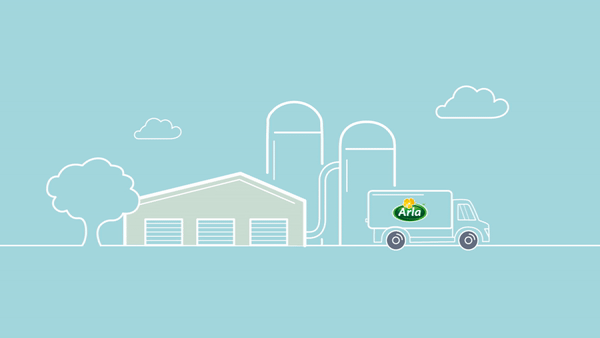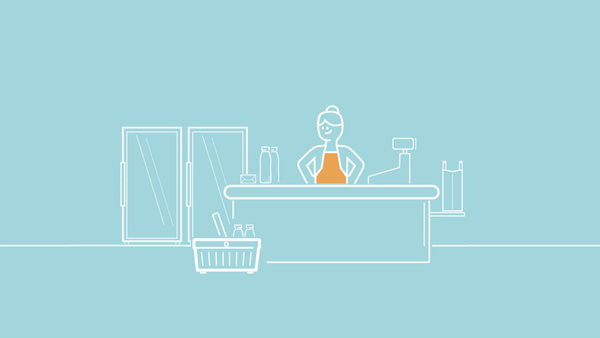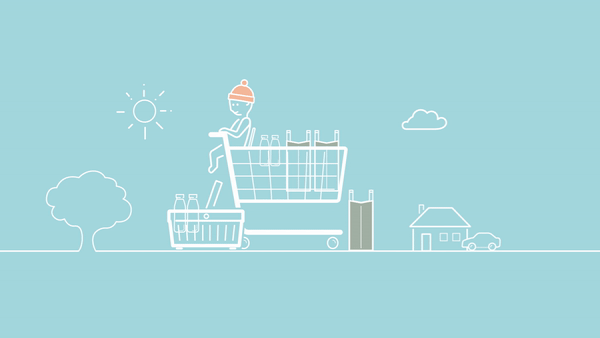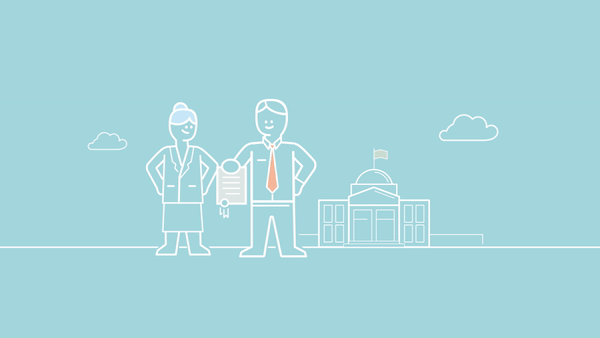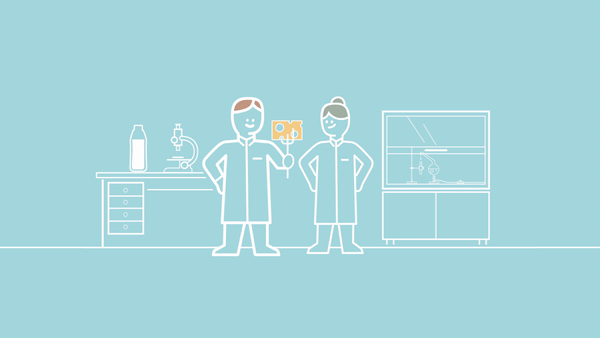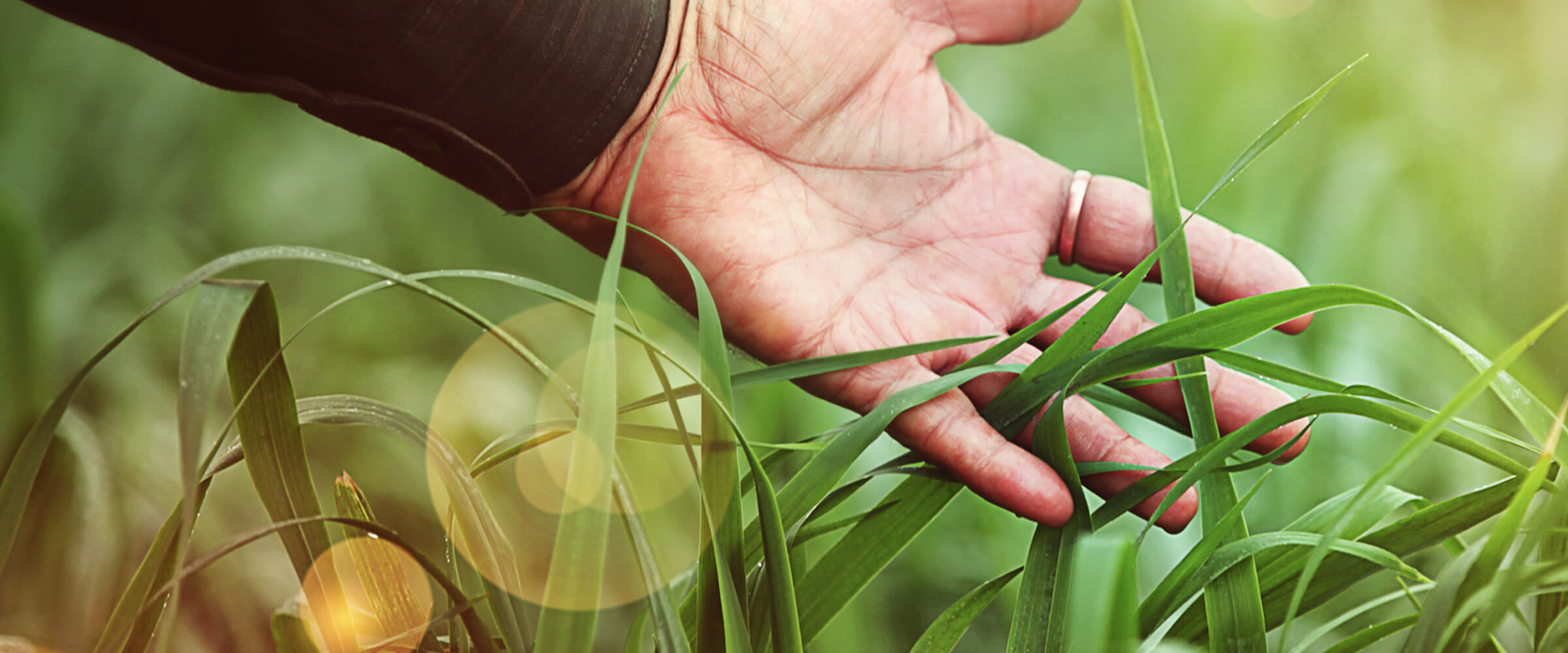The report we have commissioned, clearly sets out the challenges while also being clear about how much the dairy sector gives back to Europe. We need to take into account all the elements of dairy’s role in the ongoing discussions about how Europe and its food sector should transition into a sustainable continent. These elements include economy, environment, health and quality of life as outlined in the Commission's 'European Green Deal'.
Peder Tuborgh
CEO, Arla Foods
A sustainable future for the European dairy industry
Feeding a growing global population sustainably is at the top of the political and publics’ agenda in Europe. But the debate is often polarised and short on facts. As one of Europe’s largest dairy companies, we wanted an honest, objective and realistic appraisal of how the European dairy industry can transition to a sustainable future.
That is why we commissioned the Institute for European Environmental Policy (IEEP) to undertake independent research into what action was needed from the industry, governments and society to ensure that dairy continues to provide high quality nutrition while being produced sustainably.
Their report found that the challenges and opportunities across the value chain of the European dairy sector are interlinked and that there are concrete actions that can be taken to ensure a sustainable future for the sector.
Here you have a top line summary of the report’s main findings.
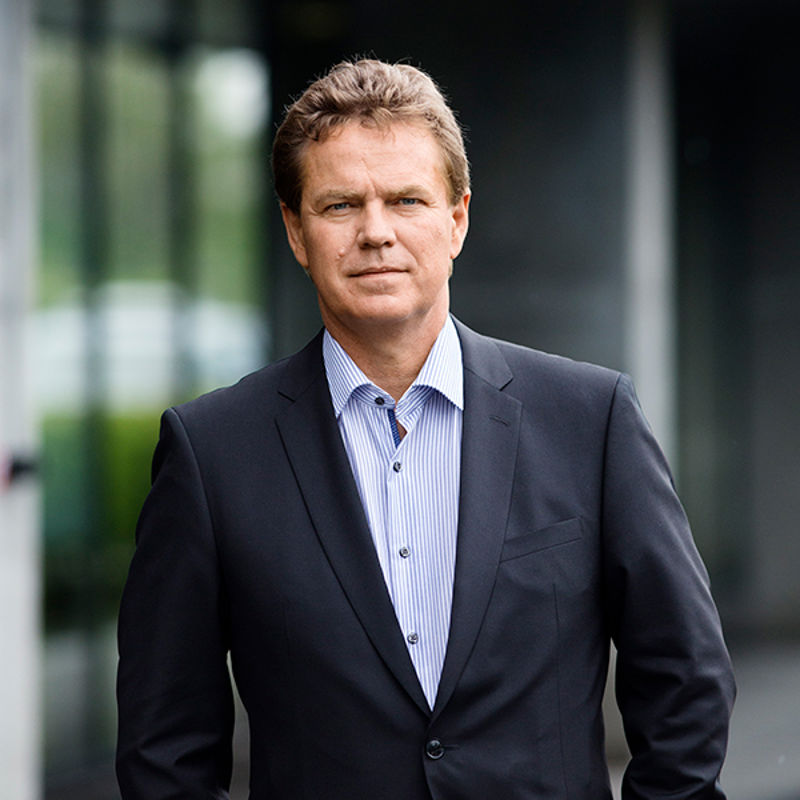
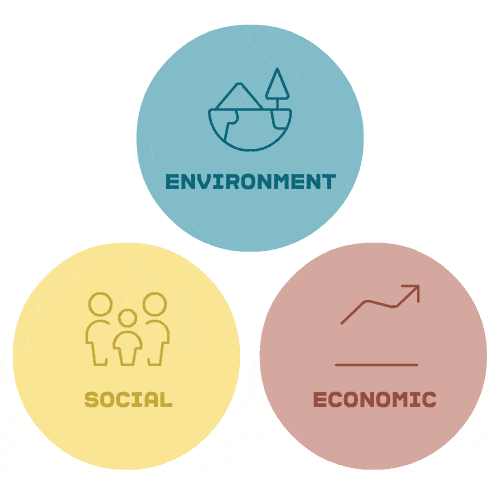
A vision for the European dairy sector 2050*
In 2050 the EU dairy sector will have found balance between the three pillars of sustainability: environmental, economic and social. This will allow the sector to operate safely within planetary boundaries, whilst meeting consumer demands for healthy and sustainable products supported by high animal welfare standards. The sector will be profitable with equity distributed across supply and value chains and it will be a major employer from a diverse range of backgrounds in society who seek jobs within an attractive and desirable sector.
*Vision as recommended by the IEEP in its report.
Concrete actions speak louder than words…
This vision can only be achieved and sustained if the dairy industry comes together and works closely with governments, interest groups and consumers. Here are some examples of the concrete actions recommended in the report to achieve the vision.
As an independent think tank striving for sustainability and evidence-based policy making, we saw it as a great opportunity to write a report that goes beyond just fact checking and provides solutions and possible pathways for all actors involved in the value chain.
Céline Charveriat
Executive Director, Institute for European Environmental Policy
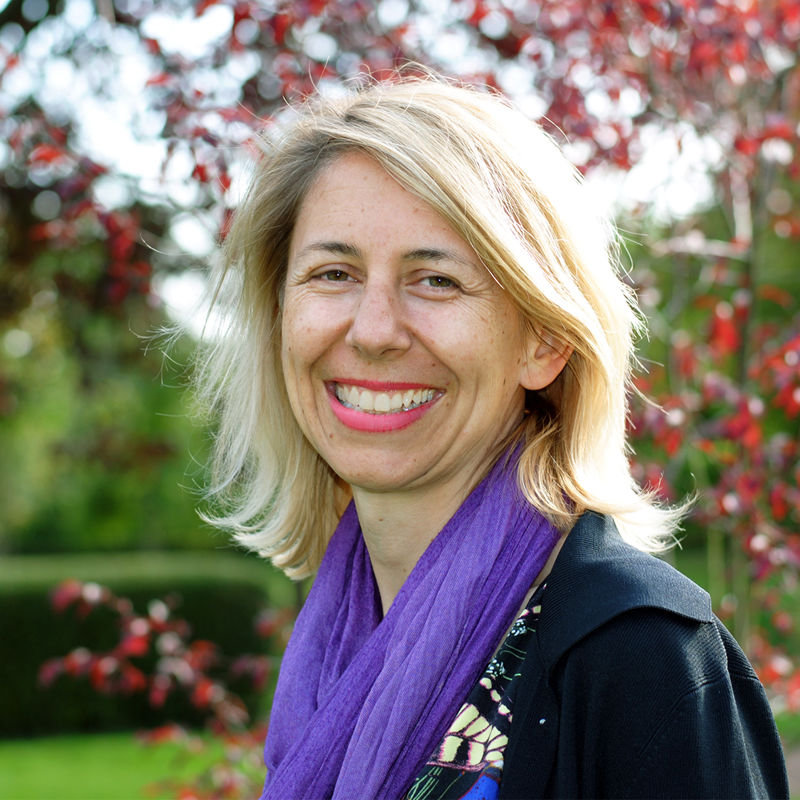
The report recognises that the challenges facing the sector are interlinked across three areas
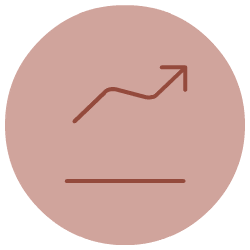
ECONOMIC
As well as a decline in the number of dairy farms in Europe, fewer farms are being passed onto the next generation and it is increasingly difficult to attract young people into farming. Dairy farmers also have to contend with fluctuations in the price of raw milk which means their farm income can be unstable.
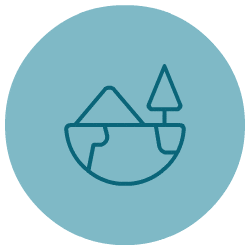
ENVIRONMENT
The dairy sector is a contributer to climate change because of the greenhouse gas emissions it produces. And the sector is also affected by changing weather patterns. Equally it can be part of the solution by, for example, carbon sequestration.

SOCIAL
Consumers recognise the link between food and sustainability more than ever, but they are confused about the facts around sustainable diets. This leads to some consumers deselecting specific foods, including dairy.
Opportunities
If we address the challenges across the value chain, responses to one challenge may lead to other opportunities. For example, farms with a low carbon footprint typically have a high feed efficiency, high milk yield per cow and high crop yield per hectare of land. All of which leads to lower production costs as well as lower emissions per kilo of milk. This is why the three areas of sustainability must be pursued together, in an integrated way.
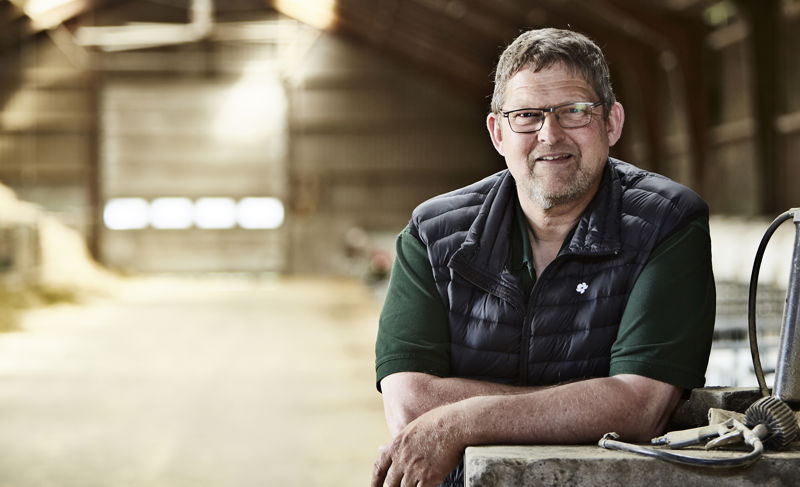
We have introduced FarmAhead™ Check to support our farmers owners to take action to reduce their farms' carbon footprint. With this tool Arla farmers in seven European countries are able to take action on our climate impact and help ensure that the European dairy sector is trusted as a sector that actively takes part in creating a sustainable future.
Jan Toft Nørgaard
Chairman of Arla Foods and dairy farmer
